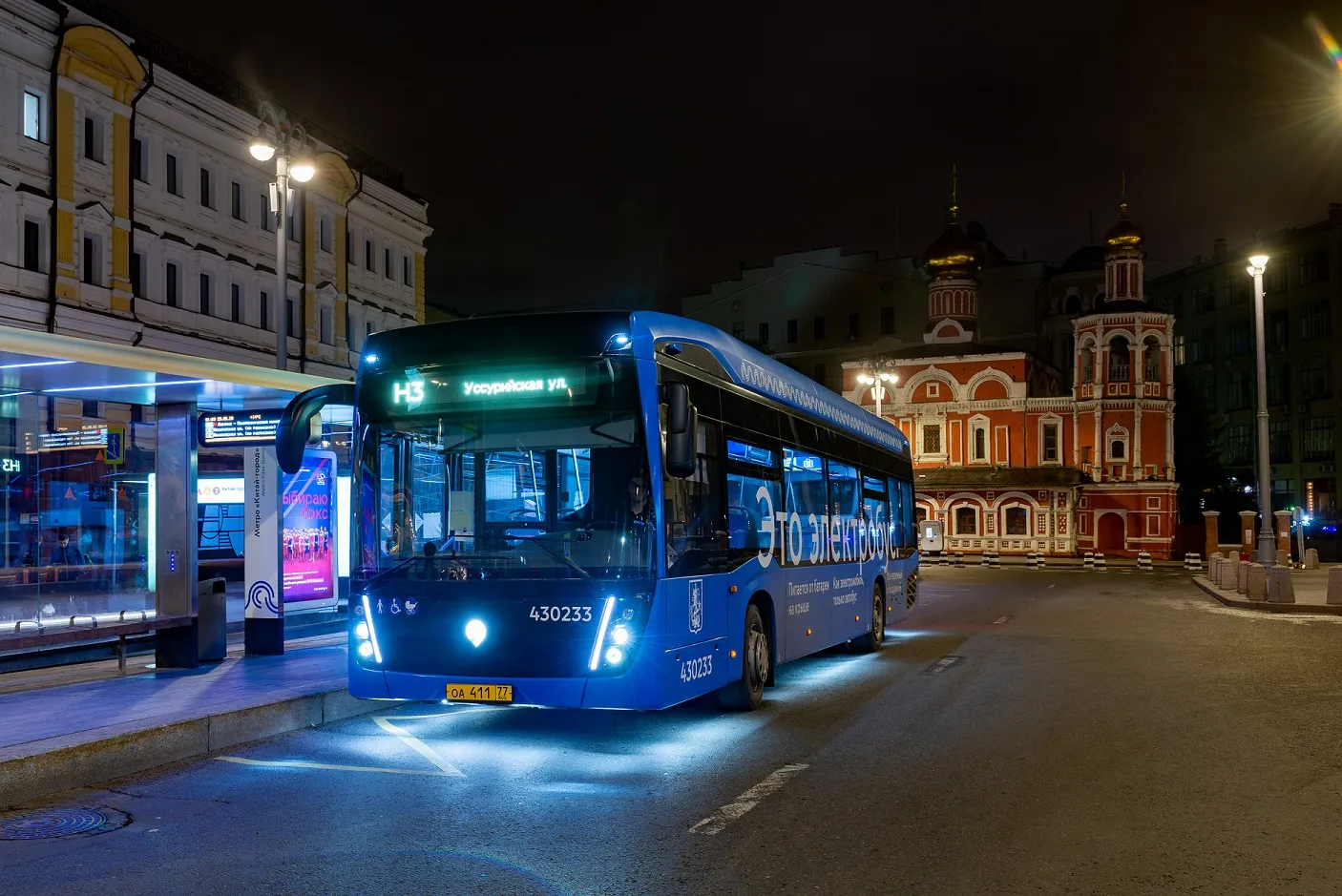Ho Chi Minh City (HCMC) is to get its first bus rapid transit (BRT) system in 2019, reports the Saigon times, as part of a range of major traffic infrastructure projects being undertaken by the municipal government.
The city will have eight metro and six BRT lines by 2050, which are projected to meet around 30 per cent of commuting demand, according to the city’s master zoning plan for transport development.
Building the first BRT line is now first priority of the city’s transport sector as it is expected to restrict the use of private vehicles, mostly motorcycles and reduce traffic congestion.
The 23-kilometre BRT route will have two lanes, 17 pedestrian bridges (11 newly built and six upgraded), 28 stops and eight parking lots. When complete, it is expected to serve around 10,000 passengers a day in the first year.
The project will require an estimated US$143 million, with around US$123 million coming from the World Bank and the remainder from the city’s budget.
Vietnam capital to get first BRT line
Ho Chi Minh City (HCMC) is to get its first bus rapid transit (BRT) system in 2019, reports the Saigon times, as part of a range of major traffic infrastructure projects being undertaken by the municipal government.
June 28, 2017
Read time: 1 min










